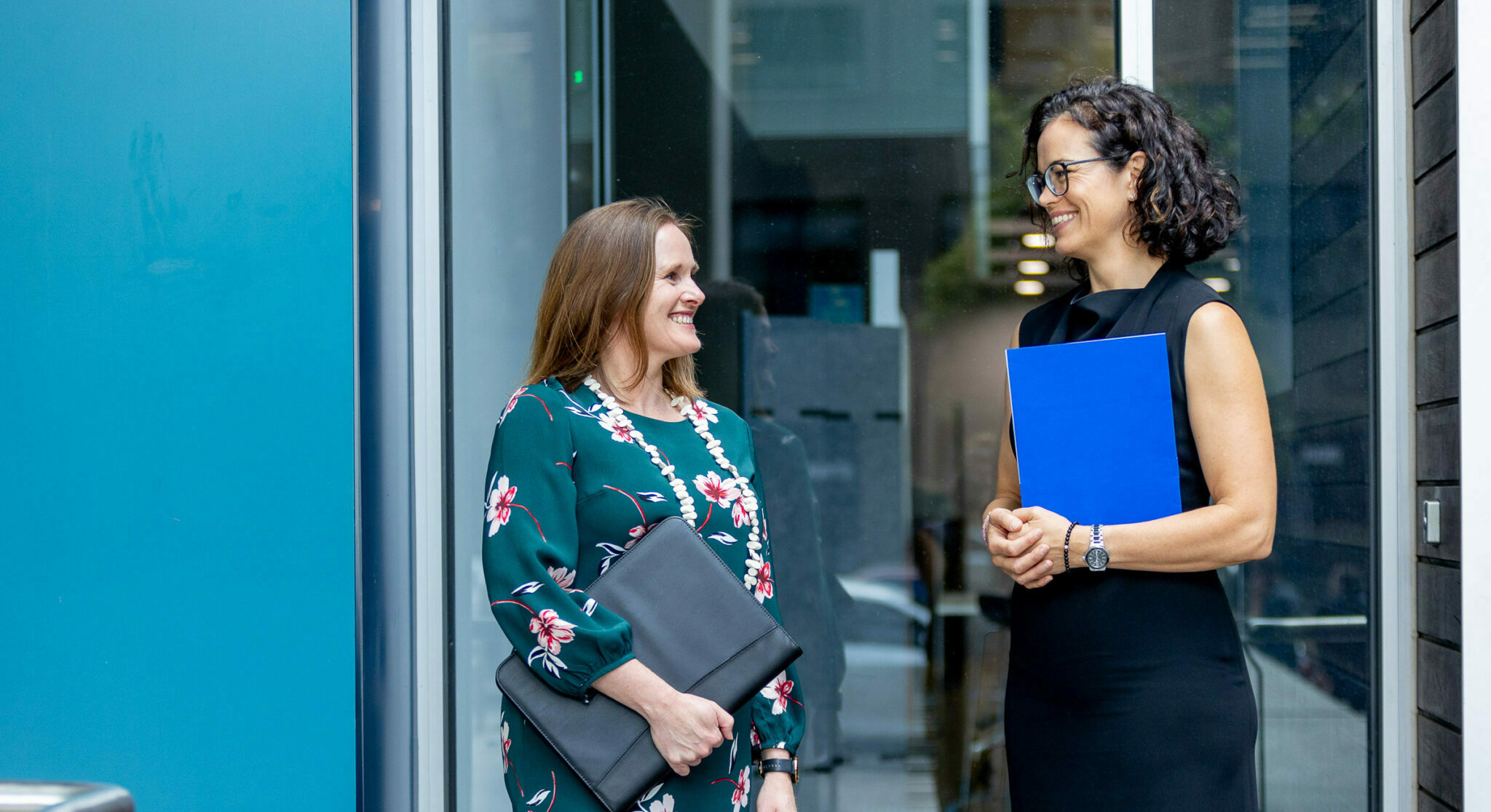It is certainly a busy period with all the EOFY activity, and July 1st each year is also when many proposed new laws take effect. New laws may not necessarily be welcomed by everyone but for lawyers, it can be an exciting time. Who can forget some of the most important laws that have been introduced on this date, like compulsory bike helmets in 1990, the GST in 2000, and no smoking at indoor hospitality venues in 2003? Some weirder previous laws include the 1966 offence of flying a kite ‘to the annoyance of any person’ in the state of Victoria, or the fact that since 1946 in WA, it is still illegal to carry more than 50kg of potatoes unless you are a grower or retailer authorised by the Potato Corporation. Here is a summary of newer, and much more sensible laws, that may affect you and your business from 1 July 2022.
Import Tariff Cuts On New Electric Vehicles
The new Labor government’s electric vehicle strategy modelling is hoping to have 89% of new car sales electric by 2030, and 15% of all vehicles on the road electric. It has also pledged a government fleet target of 75% new electric cars by 2025, and 1,800 public charging stations. On 1 July 2022, import tariff cuts will apply to new electric vehicles. In the sub-$50,000 EV range, these savings could add up to more than $2,000. That said, not all EVs will be subject to this cut as several free trade agreements mean some models are already exempt. This strategy also includes a cut of fringe benefits tax for EVs that fall below the luxury car tax threshold of $79,659. This can work out to a saving of approximately $12,000 on a $70,000 vehicle. The petrol price rises are significantly driving up demand for electric vehicles with wait times are now as long as 3-4 months. If you are planning on getting one, put your order in soon.
Minimum Wage Increases
It’s good news for the nation’s hard-working population. From 1 July 2022, the National Minimum Wage will increase by $40 per week, which amounts to an increase of 5.2%. The National Minimum Wage applies to employees not covered by an award or registered agreement. The new National Minimum Wage will be $812.60 per week or $21.38 per hour.
There is also an increase in Award Minimum Wages which will increase by 4.6%, which is subject to a minimum increase for award classifications of $40 per week and based on a 38-hour week for a full-time employee. For some awards in the aviation, hospitality and tourism industries, the increase will happen from 1 October 2022.
If you aren’t sure how the increases affect your industry or when to increase payments, we recommend having a detailed discussion with your accountant or financial advisor. There have been many employers caught out by not implementing wage increases when legally required, so it is best not to risk underpaying your staff or it could cost you more in the future.
Superannuation Contribution Increase
In line with the Federal Government’s schedule to increase the Super Guarantee (SG) rate by 0.5% per year until it reaches 12%, the rate will increase from 10% to 10.5% on 1 July 2022. The $450 SG eligibility threshold will also be removed which means employers will have to pay super to employees earning under this. The change was originally introduced in the 2021 federal budget so as to improve equality in the superannuation system, especially given the majority of workers who earn less than this monthly amount are women.
The other eligibility requirements for super will stay in place, such as workers needing to be over 18 and working at least 30 hours a week. If you are at all confused about your responsibilities as an employer, you can always get in touch with our workplace relations team.
High-income Threshold Raised for Unfair Dismissal Claims
Every new financial year the Fair Work Commission increases the high-income threshold for unfair dismissal claims. This year the threshold will increase on 1 July 2022 to $162,000, up from $158,000. This figure excludes superannuation.
Employees that earn above that amount and are not covered by a modern award or enterprise agreement cannot bring an unfair dismissal claim to Fair Work. This gives employers more flexibility and lowers the risks of managing those employees at such a high level. Also, the maximum amount of compensation that can be ordered by the Fair Work Commission in an unfair dismissal case will also increase to $81,000 for dismissals occurring on or after 1 July 2022. This is an increase of $2,000 from the previous year.
Plastic Bans in WA and ACT
Following the lead of other Australian states and territories, the Western Australian government will ban the supply of certain plastic items from 1 July 2022. Businesses in WA can no longer offer the following items:
- Plastic shopping bags with handles
- Paper shopping bags with plastic laminate
- Disposable plastic straws and stirrers
- Disposable plastic cutlery
- Disposable plastic plates
- Disposable plastic bowls and plastic food containers without lids; and
- Expanded polystyrene food containers and trays.
In the ACT, the following items have been declared as prohibited from sale, supply or distribution from 1 July 2022:
- single-use plastic straws (including bioplastic alternatives)*
- cotton buds with plastic sticks
- all oxo-degradable plastics.
*Exemption allow people who need them to access plastic straws.
Your Lawyers for Today & Tomorrow
Trust your Coulter Legal team of expert lawyers to keep you and your business compliant with the newest laws that can affect you now and into the future. For business legal advice, please get in touch with either our Corporate & Commercial or Workplace Relations team.












